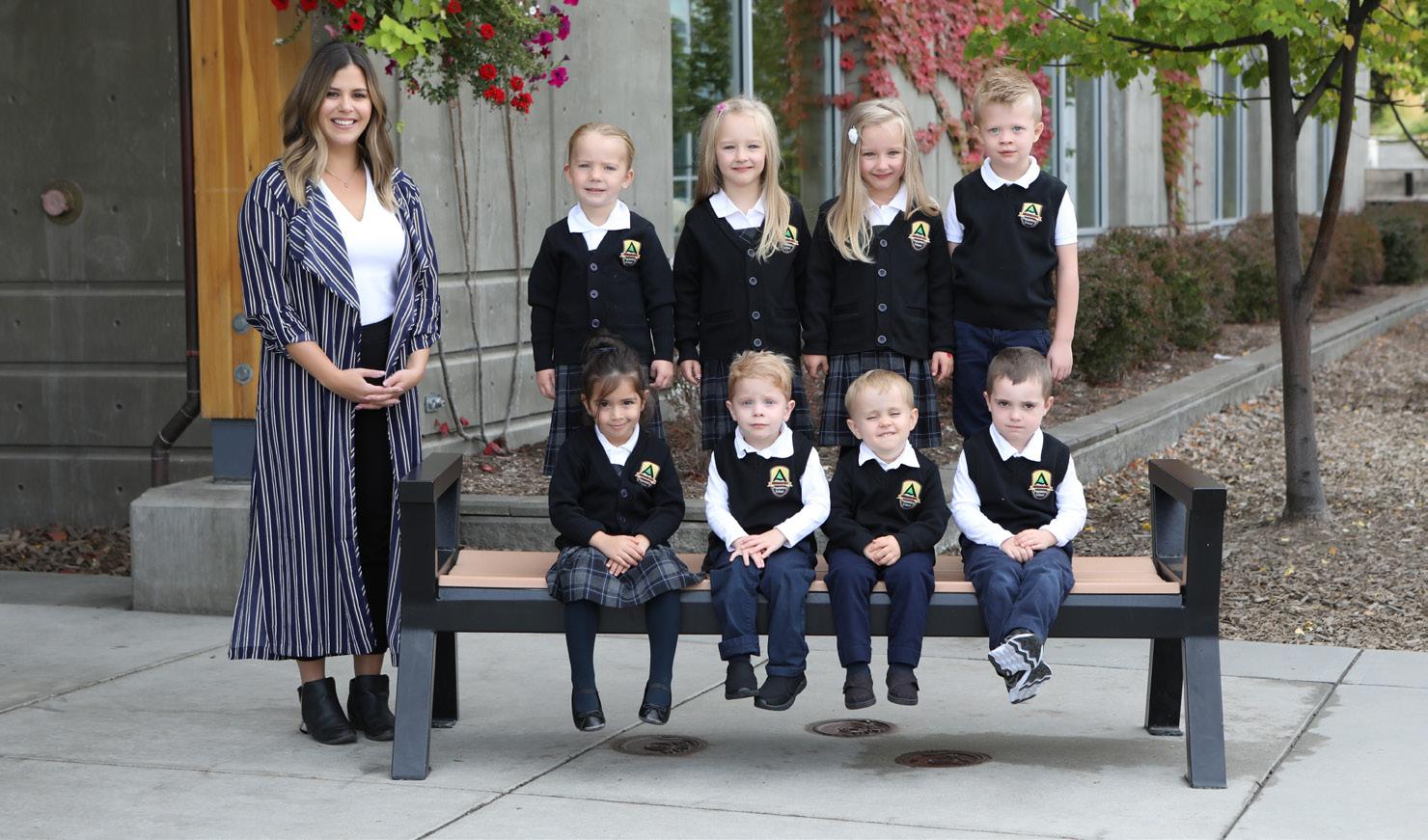
2 minute read
THE PSYCHOLOGICAL BENEFITS OF HELPING OTHERS
“ The best way to find yourself is to lose yourself in the service of others.” Mahatma Gandhi
In tough times, providing therapy for others can be excellent therapy for ourselves.
Advertisement
With the uncertainties and isolation that we are encountering during the pandemic, there is one therapy that has no downside. Reaching out and helping others is one of the most satisfying and rewarding endeavours we can undertake and can be one of the activities we choose for our own care.
This, I believe, is an important life lesson for students. The genuine, lifelong benefits of supporting those in need has a self-fulfilling and positive effect on the psychological health of the giver.
For starters, giving to others has no prescription and it is boundless. It often creates a healthy perspective, generates gratitude (the trump card of all emotions), and has been shown to improve physical wellness.
“Studies show that any act of altruism — a selfless act for others — is connected to positive physical and mental effects. According to the Cleveland Clinic, this includes lower blood pressure, increased self-esteem, less incidence of depression, and lower stress levels...” Jessica Wernbrger “A 1999 study led by Doug Oman of the University of California, Berkeley, found that elderly people who volunteered for two or more organizations were 44% less likely to die over a five-year period than were nonvolunteers, even after controlling for their age, exercise habits, general health, and negative health habits like smoking.” Jill Suttie
Dr. Stephanie Brown from the University of Michigan also found a strong correlation between assisting others and having better-quality personal health. She conducted a longitudinal study of 423 couples and found that those who helped others lived longer.
Generally speaking, prolonged isolation for anyone, at any time, is detrimental to health. I have been working with members of our community to explore how teachers and students might be able to assist those who are isolated.
At Aberdeen Hall, we have a tradition of practicing and celebrating “small acts of kindness” and have seen first hand the positive contagion effects. Our teachers, staff and students are reminded to role model these behaviours when possible. Acts of kindness do not have to be in the form of cards or chocolates, but can also include taking a genuine interest in how others are feeling. Courtesy, respect, introspection, and empathy all play a significant role. This can include a timely hello, or a genuine effort to simply listen. During conversations, I often find myself guilty of attempting to try and solve “the problem” (which may not exist!) instead of just listening.
Our teachers are a unique group of individuals, who are known for their ongoing dedicated support of our students. This is not always easy. It takes energy, patience, and a form of resilience that is truly special. When I ask parents and friends about the teachers who had a really beneficial impact on them, they often fondly remember teachers who had a special gift in this area.
By Chris Grieve, Head of School











